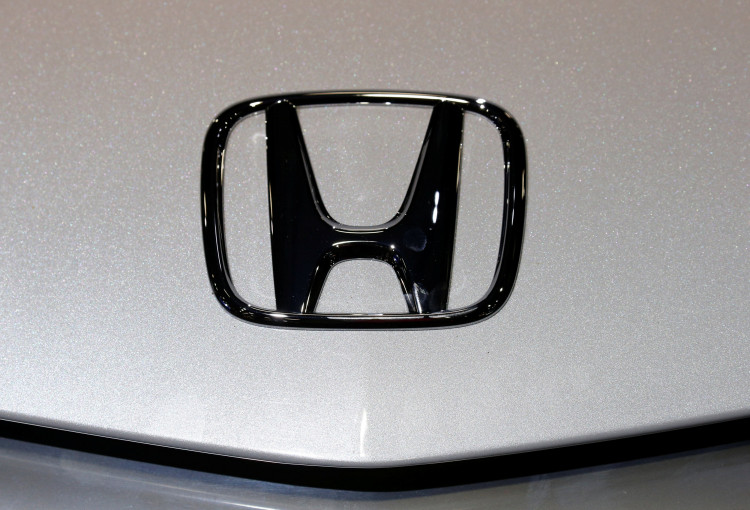Honda is investing a total of USD$2.75 billion for a 5.7 percent stake in General Motors' self-driving vehicle subsidiary, Cruise Holdings, in a bid to jointly develop autonomous cars intended for use in ride-hailing services around the world.
According to CNBC, this multi-billion auto investment will take over the duration of 12 years and this will include the Japanese premium carmaker to pay the American company upfront with USD$750 million for the 5.7 percent ownership in Cruise Holdings.
Cruise is a self-driving car startup whose major shareholder is GM. The deal with Honda puts Cruise at a USD$14.6 billion valuation point.
This joint project with General Motors will help catapult the Civic car maker right into the race to build driverless cars, given that the fact that it has been left behind in the competition, as pointed out by Ars Technica.
Since 2015, Honda has been hard at work to develop driverless cars but apparently, progress was slow at its own turf.
As further specified in the press release cited by the media outlet, Honda plants to put USD$2 billion-worth of capital over the next 12 years to fund the development and manufacturing of these so-called purpose-built autonomous vehicles based on Cruise's proprietary software.
The company aims to cater not only the aforementioned shared transport service industry but also for other variety of purposes. With GM at its side, Honda projects a high volume of these cars made ready for global deployment.
In the side of GM, the company's share has jumped by as much as 7 percent right after the news surfaced during the premarket trading, the CNBC report said. The Detroit-based car manufacturer hasn't seen this much share upsurge since it suffered a total 21 percent dip in the past few years.
Meanwhile, Honda's shares tipped a bit low by about 3 percent in Wednesday's trading.
Plans for the Future
Three years ago, Honda expressed its intent to market a partially autonomous car by the year 2020. However, according to the car firm, a full-fledged driverless car set up won't likely be delivered until the 2030s.
With these latest corporate developments, Honda's masterplan will likely to come into fruition in a much earlier date.
Cruise, on its case, has been focusing on applying modifications on the Chevy Bolt to make it driverless-capable. But with Honda, it will be an entirely new car, built from the ground up.






